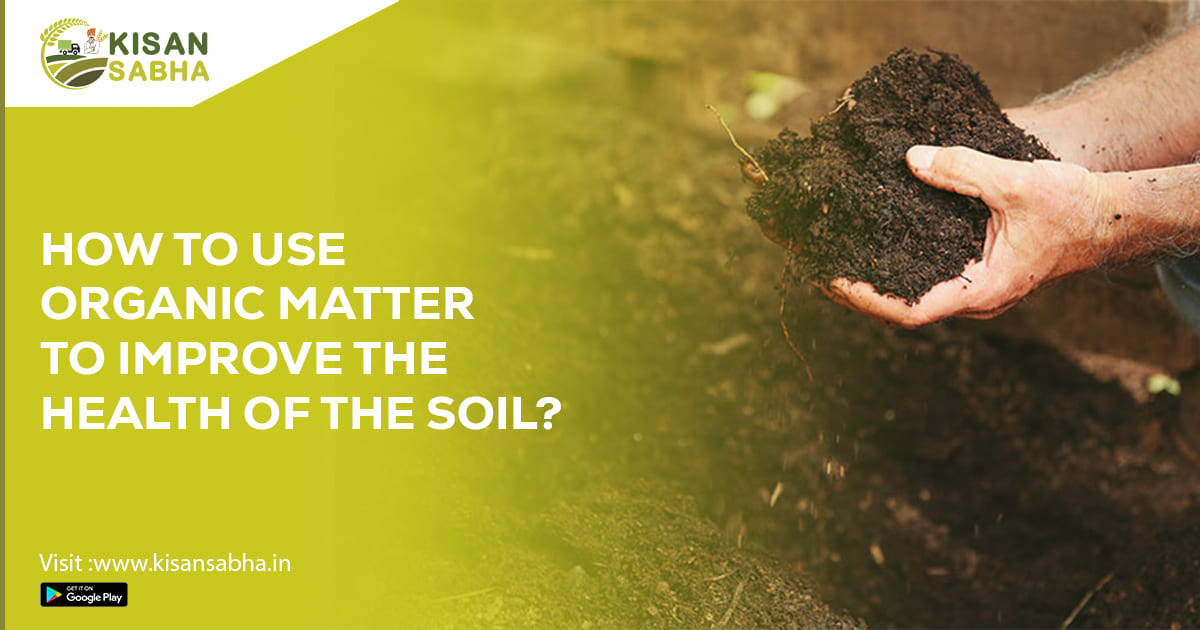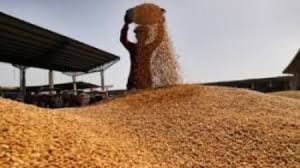It will be impossible to satisfy the steadily expanding demand for food if soil health is poor. Legumes, manures, compost, and certain planting techniques can all be used naturally to improve soil quality. By incorporating chemical fertilizers, it can also be increased in an inorganic way. However, this has led to a rise in output rate. Additionally, using chemical fertilizer doesn’t ultimately increase soil value. It simply helps plant growth by increasing soil nutrients.
To uphold this criterion, they must be repeatedly added. Soil health improvement through the use of organic matter is currently an increasing trend in agriculture.
If agriculturists wish to increase yields, they must understand how to improve soil health naturally. This article delves further into the concepts of soil health, soil fertility, structure, pH, and soil type.
What is soil health?
All living things require soil to grow. Plants rely directly on soil for growth, whereas animals rely on soil indirectly through the food they ingest.
As a result, the ability of soil to operate effectively, or “soil health,” is a major concern for all living things. Soil can serve as a pillar for the advancement of living creatures.
As a result, the ability of soil to operate effectively, or “soil health,” is of enormous concern to all living things. Soil can serve as a pillar for the advancement of living creatures.
What does organic matter mean?
The term organic matter describes the remains of dead plants and animals, as well as any waste products that they left behind after they had decomposed and created a complex mixture of carbon-based chemicals. As it offers nutrients and aids in moisture retention, organic matter is an essential part of healthy soil.
It contributes significantly to carbon sequestration and the decrease of greenhouse gas emissions, making it an essential component of the carbon cycle. Organic materials include things like leaves, grass clippings, leftover food, manure, and other parts of decaying plants and animals.
Various Methods for Effective Soil Fertility Management
Increasing the health of the soil is a practical strategy for managing its fertility. Organic techniques have made inroads in recent years.
Soil fertility simply refers to the soil’s ability to provide a suitable environment for plants and support them. This approach aims to improve soil nutrients by boosting yield and maximising agronomic operations.
Planting crops (specifically legumes), manures, cover crops, and other natural farming methods are all part of an organic approach. Inorganic approaches include the use of chemical fertilisers.
Legumes are nitrogen-rich plants that are required by plants to improve the soil’s health. When legumes are planted, “Nitrogen fixation” occurs.
Nitrogen fixation is the process of turning atmospheric nitrogen to ammonia. However, not all legumes fulfill this function. Nitrogen-fixing legumes are legumes that extract nitrogen from the atmosphere and release ammonia.
Manures are animal waste, such as feces and urine, that can be utilized to naturally improve soil. Humans, cows, poultry, and other animals excrete this substance. Spreading cover crops or intercropping can also help the soil.
Planting cover crops helps the soil’s organic content. Additionally, regulating soil health has also been effectively accomplished by avoiding the loss of nutrients. Leaching and erosion losses ought to be avoided or prevented.
Also Read: What Is Soil Fertility and Why Is It Important?
Conclusion
Incorporating organic matter into the soil helps in resorting the degraded land and boosting agriculture productivity. Pay attention to the soil health and your farm will reap the rewards for many seasons. Organic matter creates the soil structure retains moisture and nutrients and prevents soil erosion.




